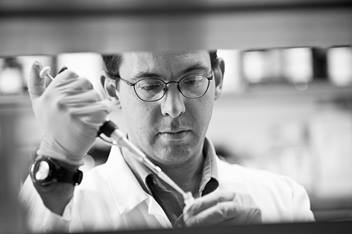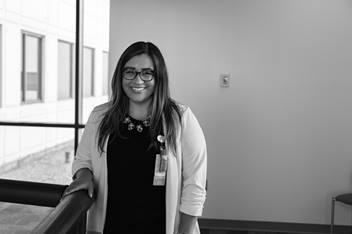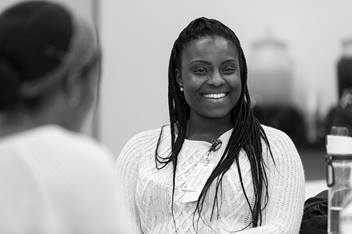Gene Therapy Fellowship Curriculum
The objective of the fellowship is to provide expert training in the provision of gene therapy as a component of clinical care, and research training in gene therapies. The overall goal is to develop expert clinical gene therapists, clinical trialists, and clinician-scientists. The fellowship is designed to allow trainees to complete a K08, K23, or similar foundation development grant by the end of their second year.
Clinical Experiences
The training program consists of a two-year fellowship, with an expectation for participation throughout in research. Research options include both clinical and basic research projects, including work in laboratories within the Center of Gene Therapy.
The clinical experience will include four clinics per week, including a Muscular Dystrophy Association clinic with an emphasis on (but not limited to) inherited pediatric disorders, many of which are treatable by experimental or approved gene-directed care; a neuromuscular disease clinic, concentrating on inherited muscle diseases and myopathies; and a pediatric motor neuron disease clinic, concentrating on spinal muscular atrophy and its therapy. For fellows with a particular interests, additional clinic experience can be arranged in the appropriate Medical Genetics clinic. Clinical duties diminish in the second year, but throughout the fellowship the fellow will play a central role in the delivery to and monitoring of patients who have received of approved gene therapies (including onasemnogene abeparvovec [Zolgensma]) and RNA-based therapeutics.
Research and Advocacy
During the first year, the fellow identifies a primary research mentor from among the faculty with whom they will work on a primary research project. Some fellows will choose PhD mentors and concentrate on preclinical laboratory-based projects as their primary project. All will be expected to participate in clinical research projects as well.
Research at Nationwide Children's Hospital
Advocacy training fosters and encourages interest in child advocacy by early involvement and exposure to its many aspects such as addressing social determinants of health, community collaboration, health finance, health policy and legislative advocacy.
Explore Our Passion for Advocacy
Didactic Conferences
Additional didactic training will include the following conferences:
- Bi-weekly Center for Gene Therapy journal club covering all aspects of genetic therapeutics.
- Weekly clinical neuromuscular disease journal club.
- Weekly neuromuscular pathology review.
- Monthly meetings of the OSU/NCH Muscle Group.
- Weekly seminar series hosted by the Abigail Wexner Research Institute at Nationwide Children’s.
- Participate in basic laboratory techniques course over a two-month period within the first year.
- Meetings of individual lab and research groups as appropriate.
Additional Training
All trainees will also:
- Receive training in Human Subjects research through the resources made available by the Nationwide Children's IRB and Clinical Research Services division.
- Participate in the Nationwide Children's Research Institute’s Grant Writing seminars.
- Participate in the Trainee Poster Day of the OSU/NCH Muscle Group.
Participate in all educational activities and seminars of the Center for Gene Therapy.



